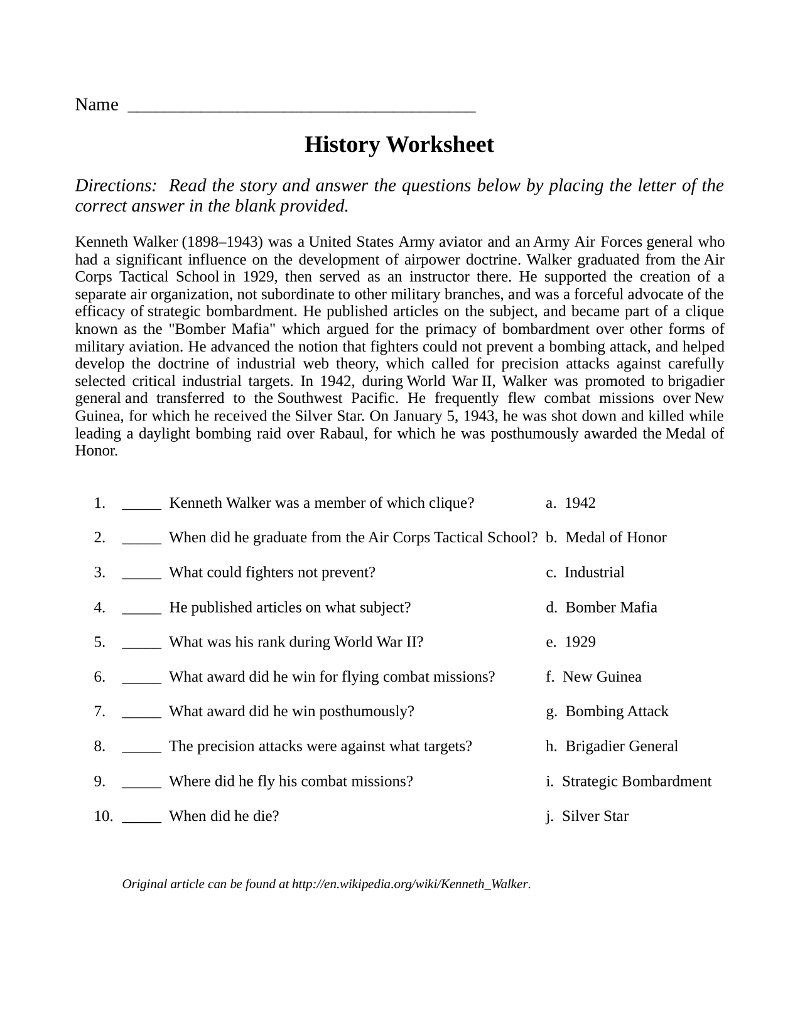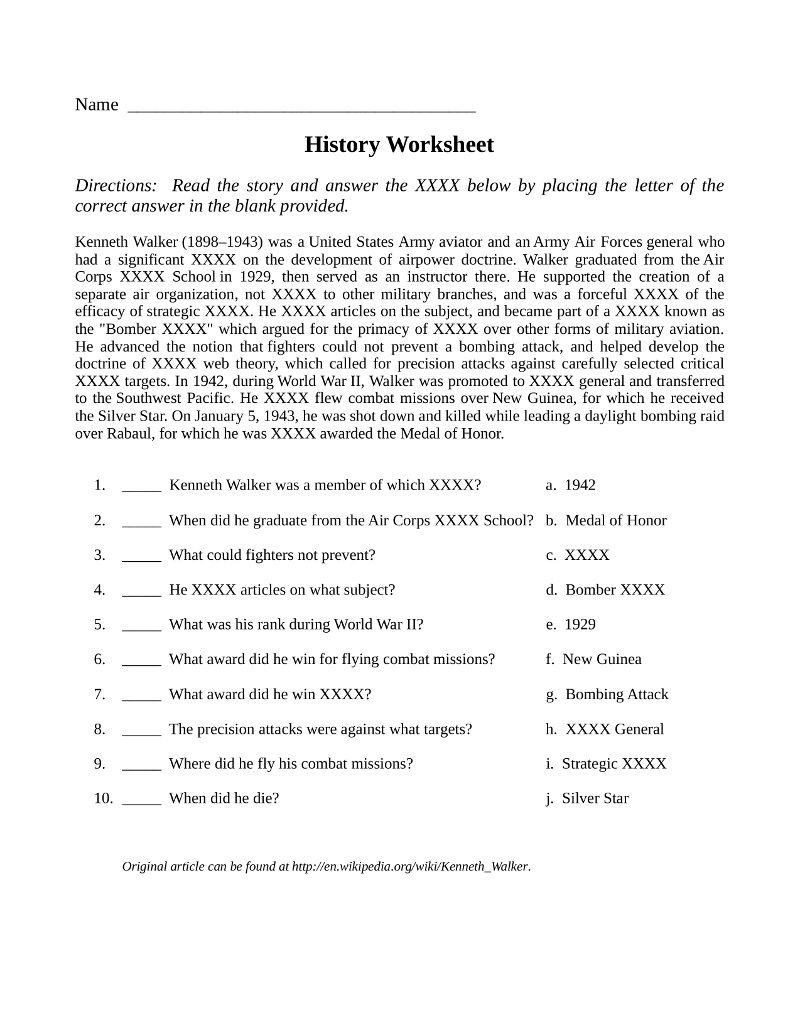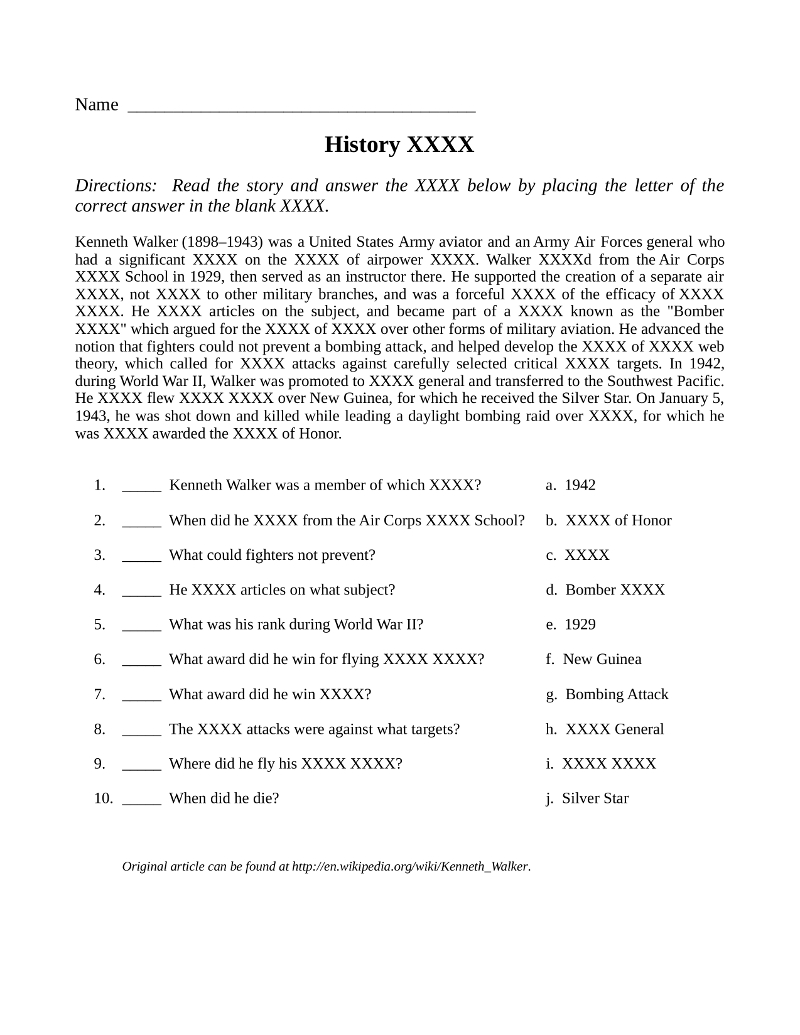Educator Alert!
Worksheets and Dyslexia
|
Educators must understand what happens every time they pass out a worksheet to the 20%, 30%, or more students in their classrooms who have dyslexia. The original term for dyslexia, when it was discovered in the 1800s, was Word Blindness. That term is actually more definitive, except the blindness is not caused by the student's eyeballs. Their eyeballs may cause the words to be fuzzy or out of focus. Dyslexic students have word blindness because their brains do not process the symbols we call letters. Their brains do not convert symbols to sounds. For more information on dyslexia, read what the scientists say at: Also, Harvey Hubbell V has directed an excellent documentary on dyslexia. Featuring many famous and influentual dyslexic innovators, it is humorous, entertaining, yet educational. This documentary covers the information that teachers, parents, and legislators need to know. Look for it in theaters and at special screenings in your area. At the top of this page is a downloadable free tool school administrators may use to help teachers understand the impact of worksheets on students with dyslexia. If you really understand dyslexia, you know that the flavors of dyslexia are as many as the colors of the rainbow = millions of colors. This is true of all students. No two kids are exactly alike. I have chosen three general levels of dyslexia - mild, severe, and profound - to illustrate how a dyslexic student's brain decodes a worksheet. You may print the .jpg image or if you click on the picture of each worksheet, it will lead you to the download of the PDF version. For a staff meeting, make enough copies of each of these so everyone has just one version. Ask your teachers to complete the worksheets to the best of their ability. When they are finished, correct them as you would in class. Collect the worksheets and discuss the scores. All students actually see with their eyeballs, the version that is not edited. But students with different flavors of dyslexia decode the worksheet in their brains, as the mild, severe, or profound worksheets illustrate. What does this mean? It means that students with any level of dyslexia are spending part, or all of their efforts on the worksheet just decoding words. These students probably can define all of the words orally. However, when trying to complete your worksheet, they never get to the actual educational objective. Students who are only mildly dyslexic will try to figure out words by the larger context and may often be successful. None of these students really read-to-learn. They learn by listening to what the teacher says and demonstrates. They learn by doing projects or experiments that do not require reading. They learn by watching movies and videos. They like you to read to them. The aforementioned scientists say that dyslexic people store words like graphic files in their general memory. People who do not have dyslexia have an efficient system for decoding and storing words like text files. Dyslexic people gradually over time increase their collection of words stored like pictures. Some people have a pretty good collection by the time they are teenagers. Some might have a good collection at 20, 30, 40, or 50. Some may never have a sufficient collection of words to make reading useful. For a dyslexic person, even when you have a good collection of words stored, you may venture into new literature, and have trouble reading again. You will notice you are suddenly reading much slower. This typically happens with textbooks loaded with new vocabulary. I hope you find this information useful. I am a parent of middle school age dyslexic children, and was a teacher for 28 years. All of my siblings and I have some flavor of dyslexia. Please help your students. I did not understand dyslexia until my last three years of teaching. With this knowledge, you will be able to reach children who seem unreachable. If you have questions, you may email me at marilyn@hagle.com. Reference http://marilyn.hagle.com.
|



